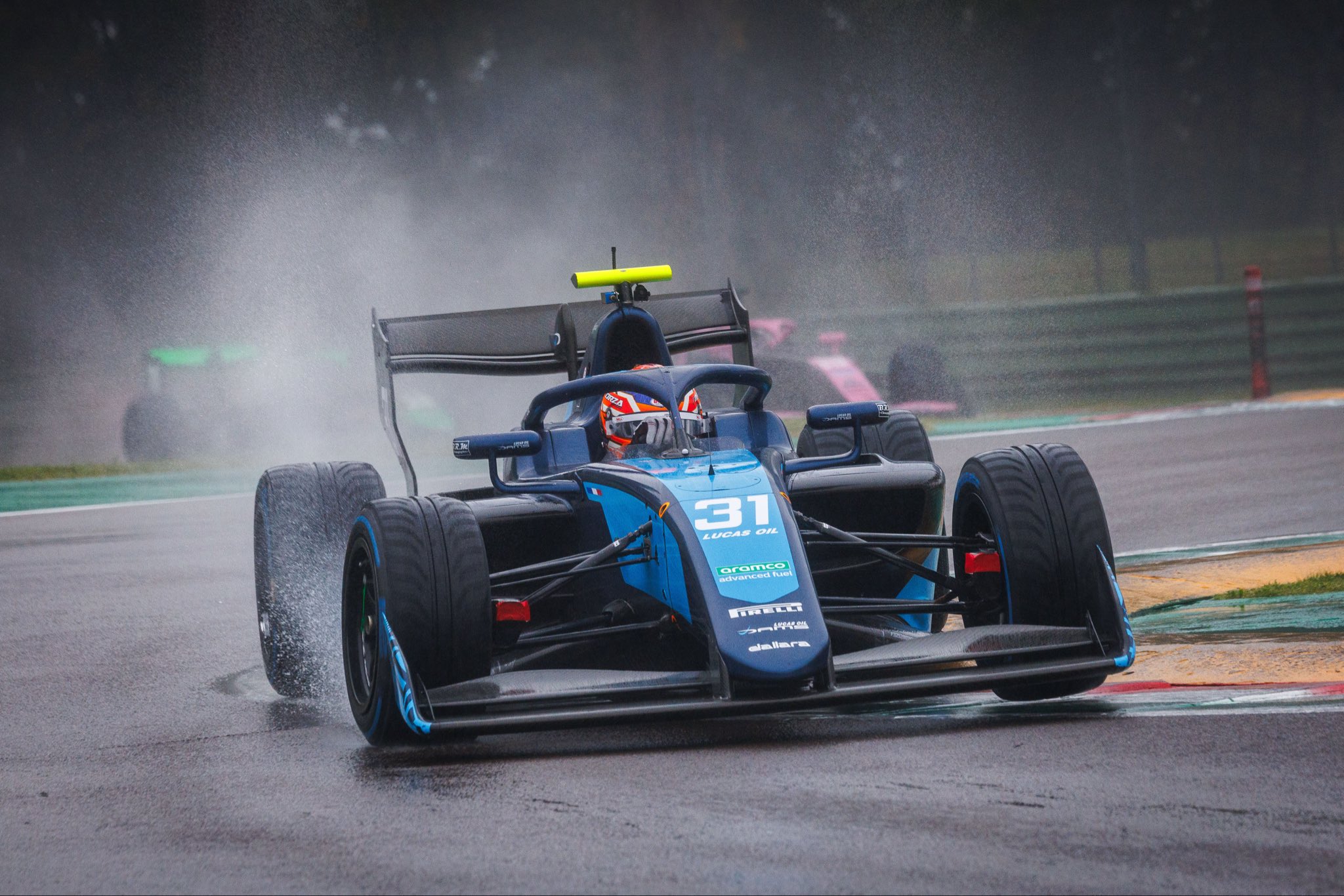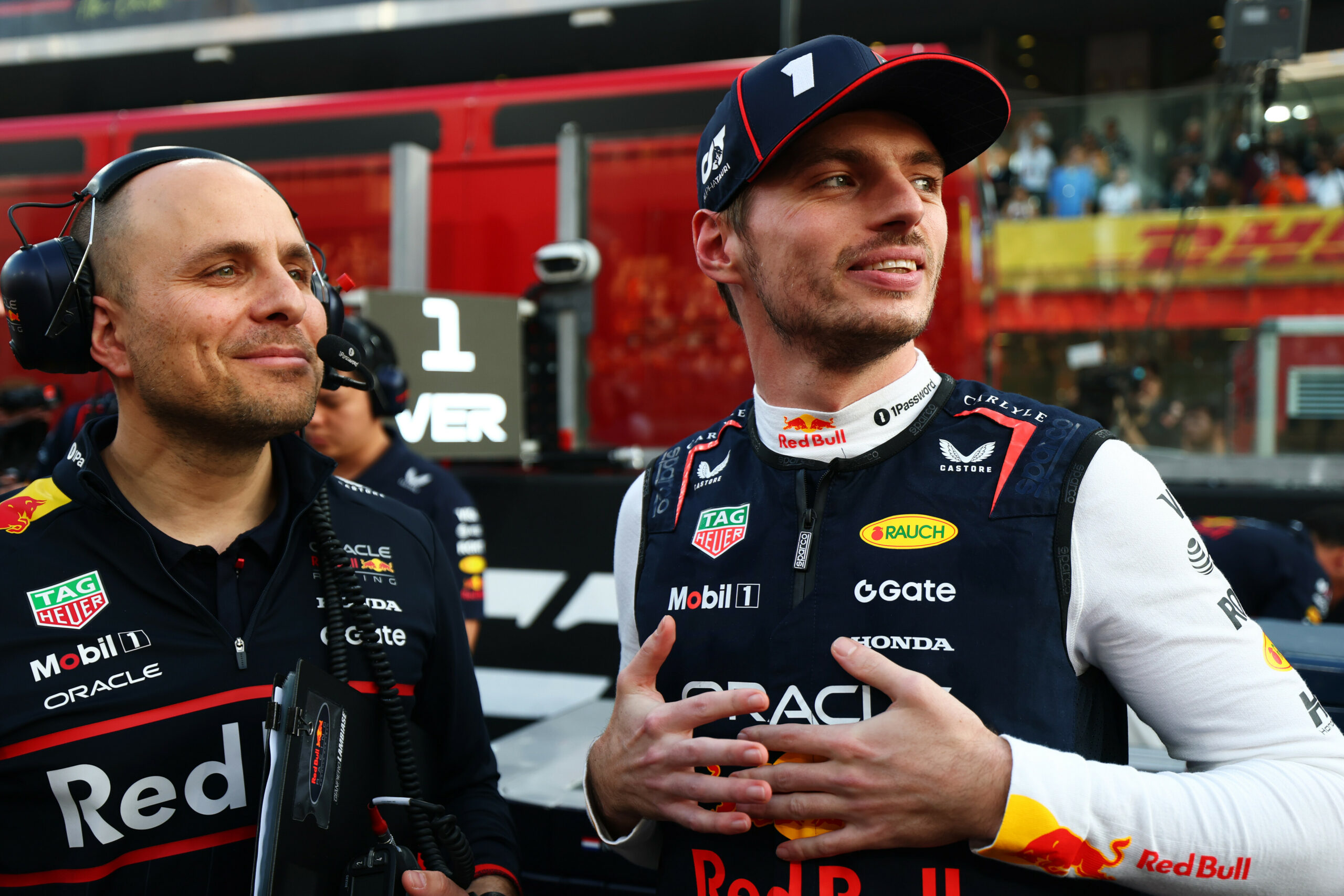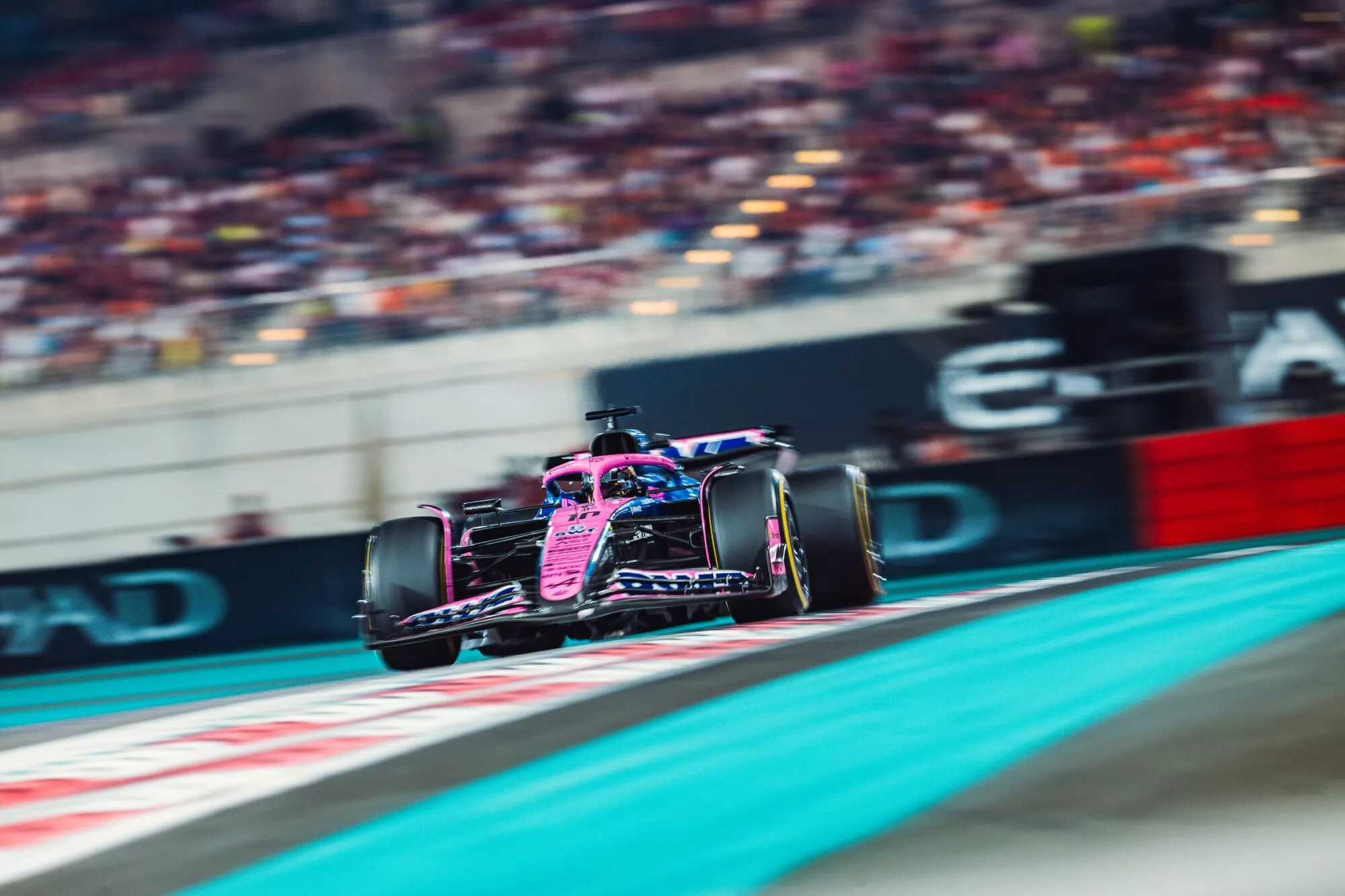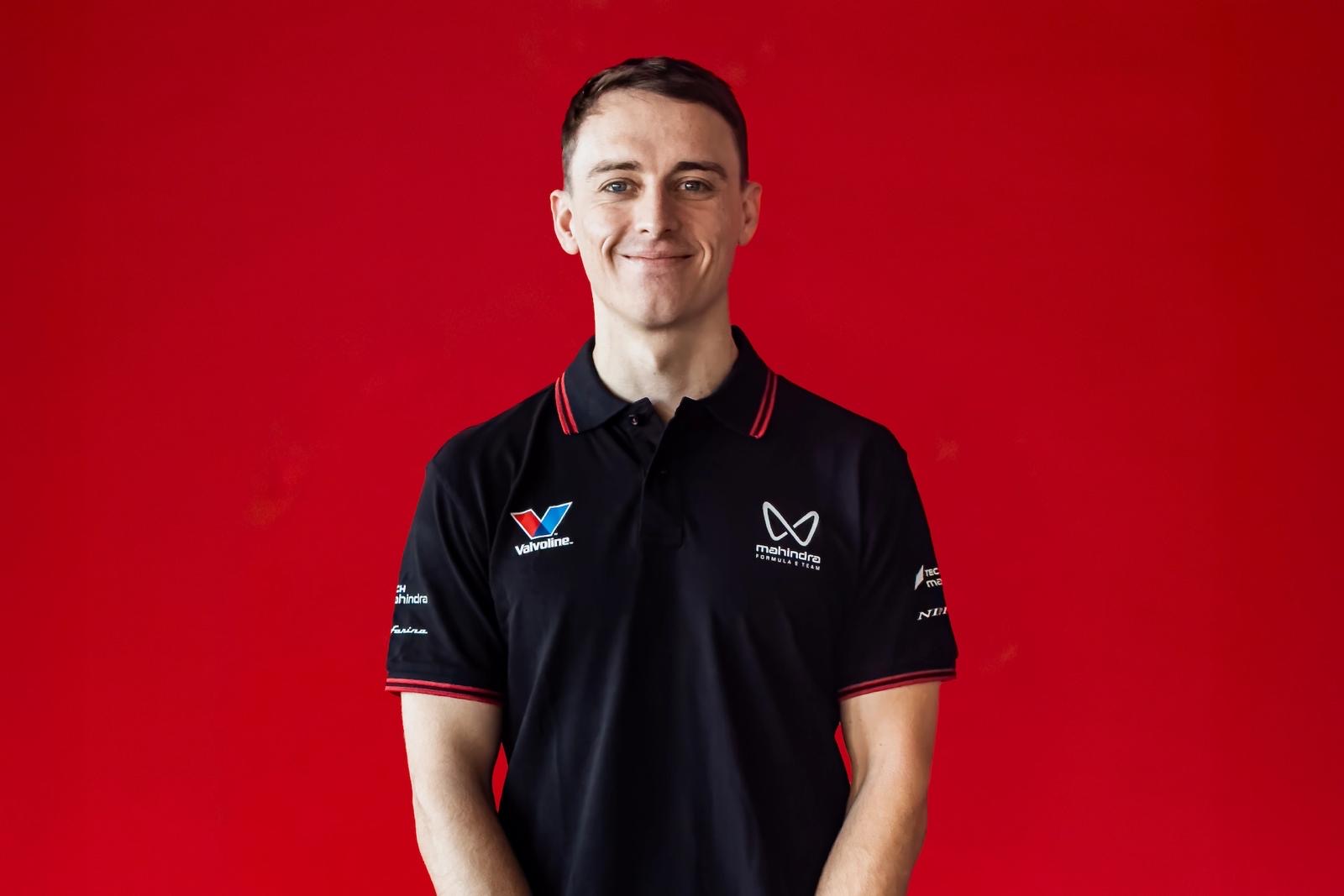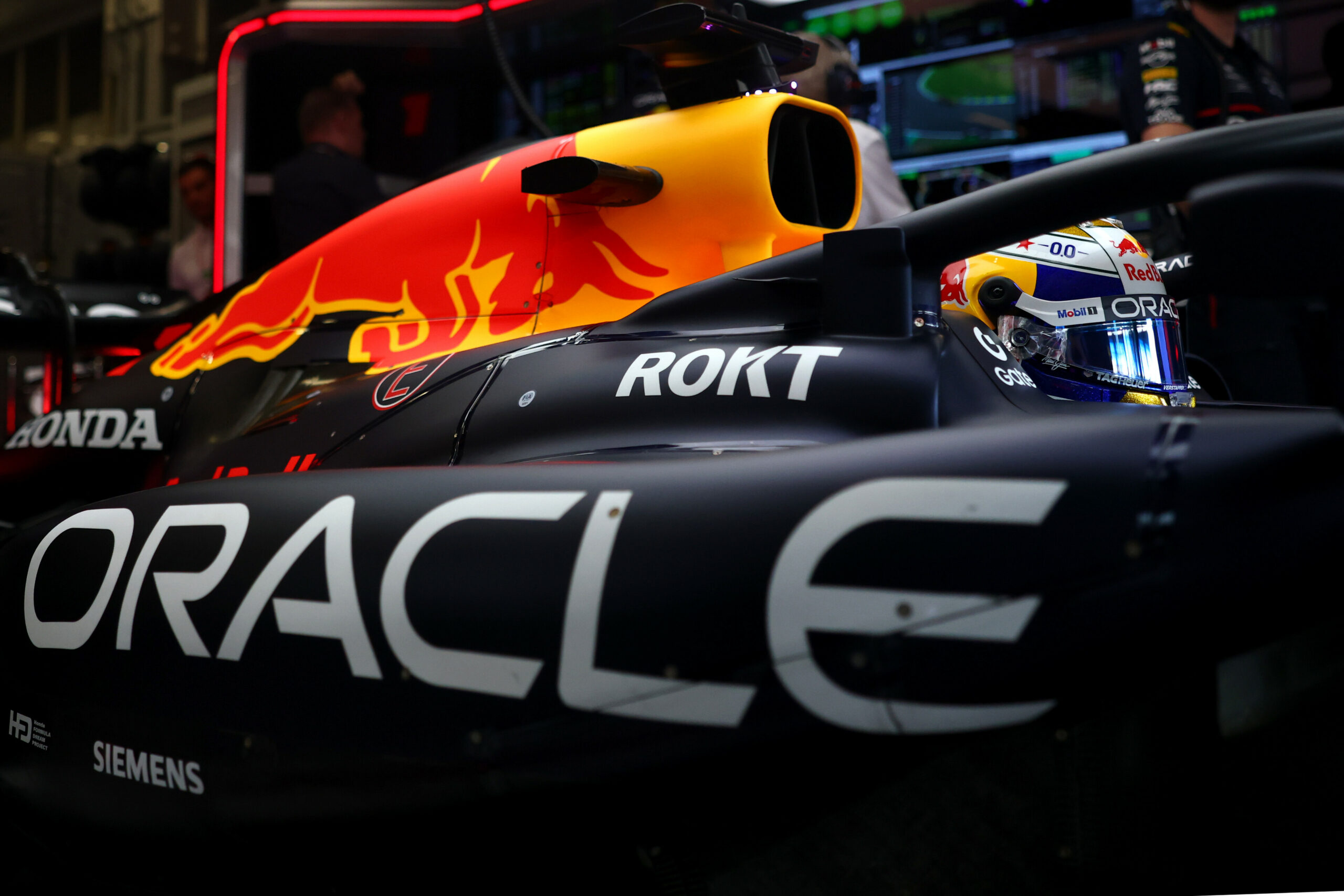After ending their maiden F3 season in tenth place, DAMS Lucas Oil’s Team Principal, Yannick Hubert, reflected on the steep learning curve of 2025. The French outfit returned to the third tier of FIA-sanctioned formula racing for the first time since the 2017 GP3 Series, making this their debut in the new era of Formula 3. The team approached the campaign as a chance to grow within a category they had not contested for several years.
While DAMS has enjoyed a successful 2025 in Formula 2, taking multiple podiums, its F3 results show a team still finding its feet. With new drivers already signed for 2026, the outfit hopes to turn a challenging year into a platform for progress.
Early setbacks and the steep learning curve
Hubert openly acknowledged the difficulties that shaped their debut campaign, emphasising that problems arose almost immediately.
“Our line-up was made up predominantly of rookies. So we thought we could have some decent performance whilst working with them, racing on tracks they were familiar with,” he explained.
“Unfortunately, from the very beginning of the year, we started off badly in the Barcelona test. We were quickly increasing our technical understanding of the car. But found plenty of issues. It meant that run plan wasn’t as efficient as we’d hoped for.”
Those early setbacks carried into the season. Bahrain’s three days of testing gave the team room to refine the package, but the limited practice time at the remaining rounds — particularly the European races — proved punishing.
“We arrived in Melbourne and we got a top 12. But the overall performance wasn’t great. In Bahrain with the three days of testing, it allowed us to optimise things, and I think we did. But Bahrain is a circuit that’s quite unique in terms of requirements. So when we came back to Europe, it was tough. And we were making mistakes.”
Identifying the key weaknesses and prioritising improvements
According to Hubert, qualifying was the most decisive issue. Starting too far back left the team unable to translate their race pace into meaningful results.
“It was a big step for us. If you don’t qualify well, you could have great race pace. But the result will not come to you. That is where we struggled.”
Looking ahead, DAMS Lucas Oil has already reshaped its structure for 2026, focusing heavily on improving its engineering approach. Hubert believes that the lessons learned this year will serve as the foundation for a more competitive second season.
“We always learn from the mistakes, that’s for sure. We won’t replicate the mistakes we made in the past. We are a stronger team for them. And we have reorganised the team based off our learnings this year.
“I think that we didn’t have the correct organisation this year. We have changed things in the engineering side. And I think we can expect to have a stronger team for next year.
“We are aiming to reach the top 12 and achieve more consistency. We are capable of it, and we have already made the changes in order to do so.”

